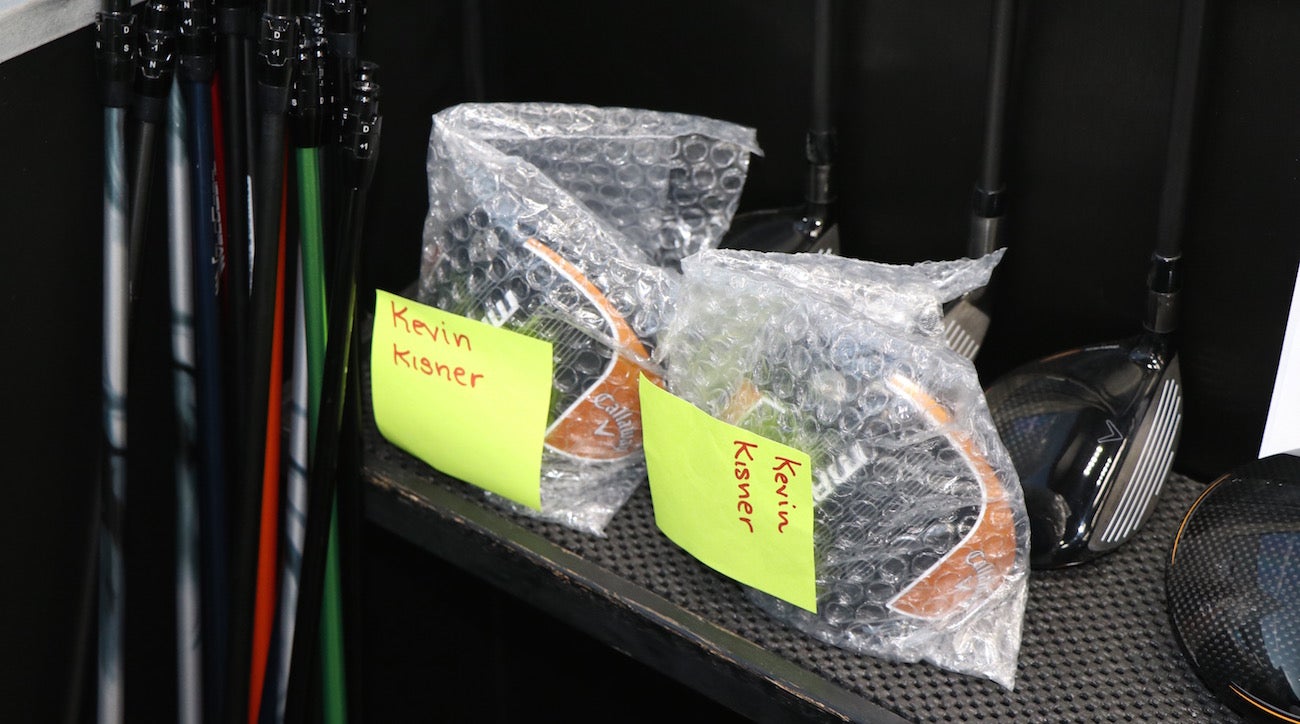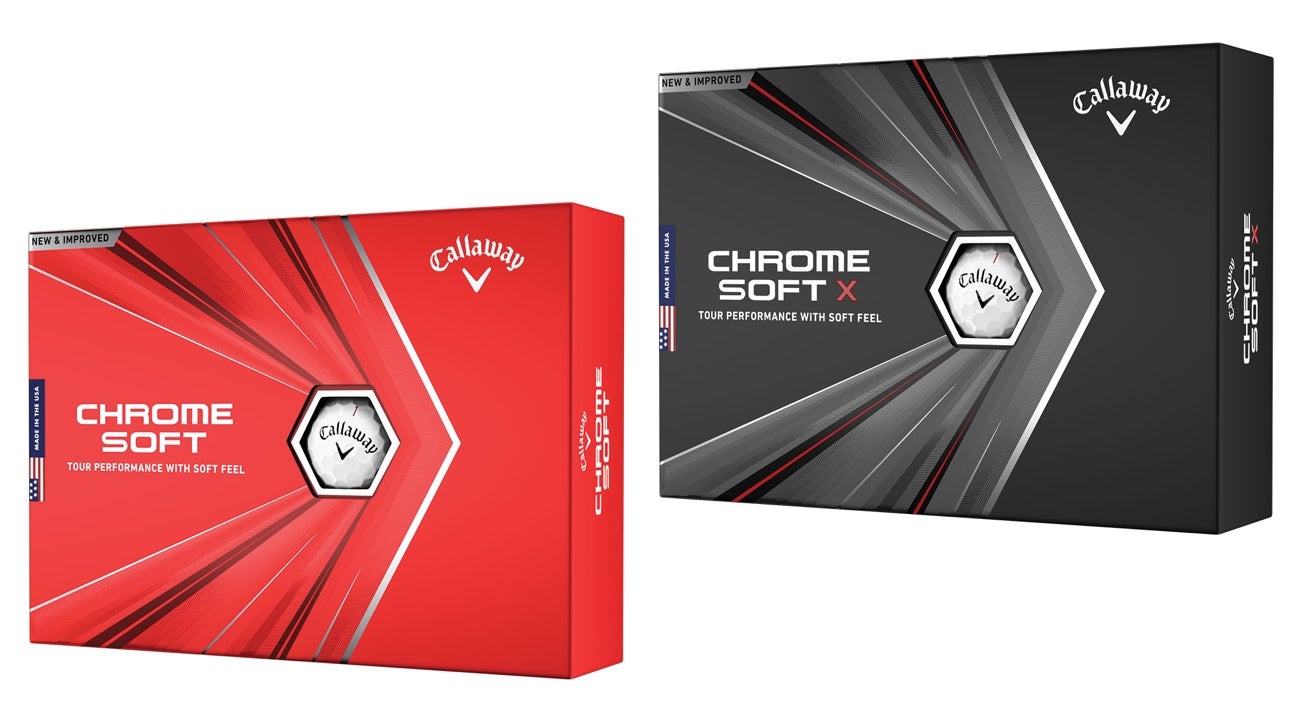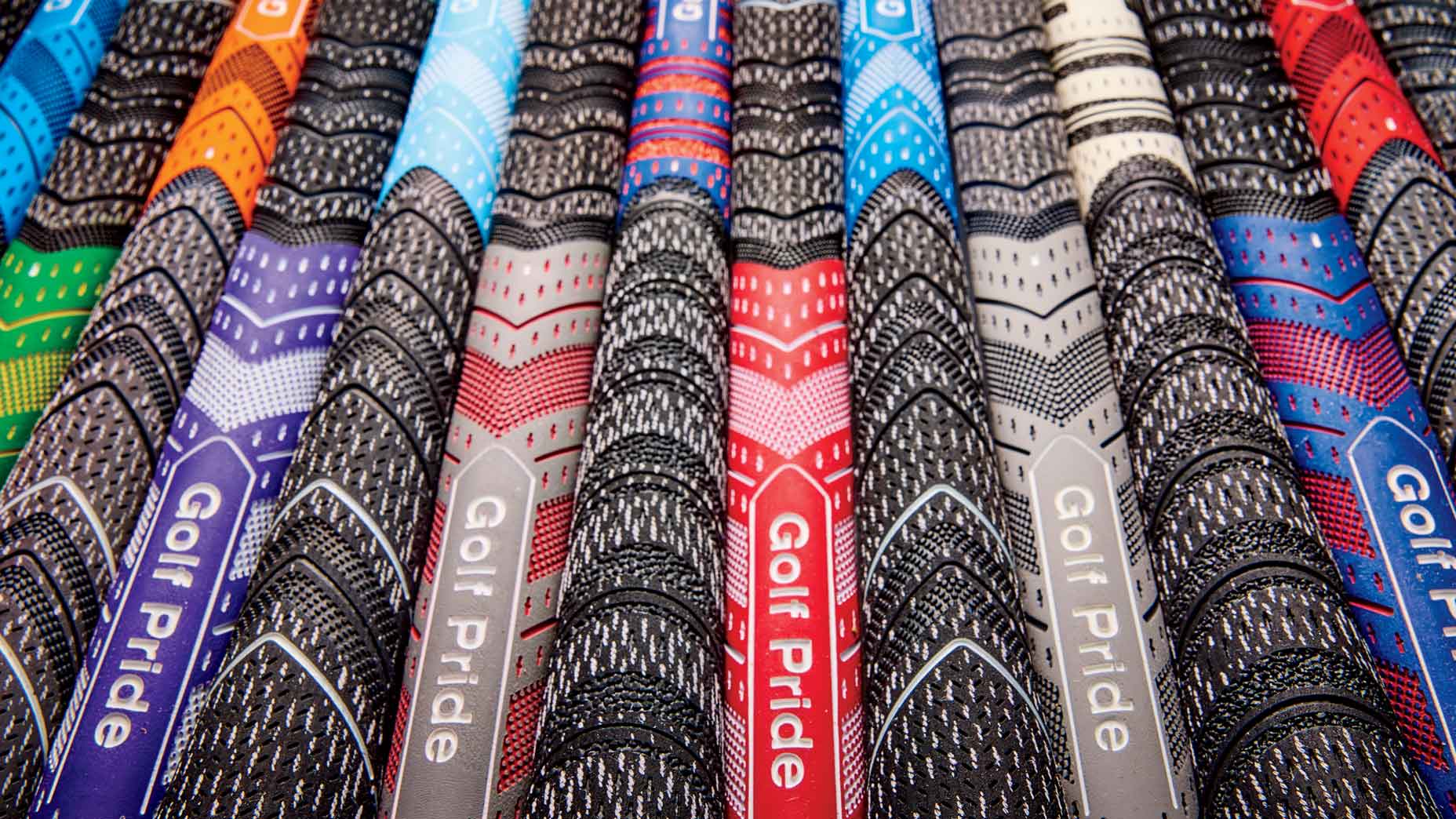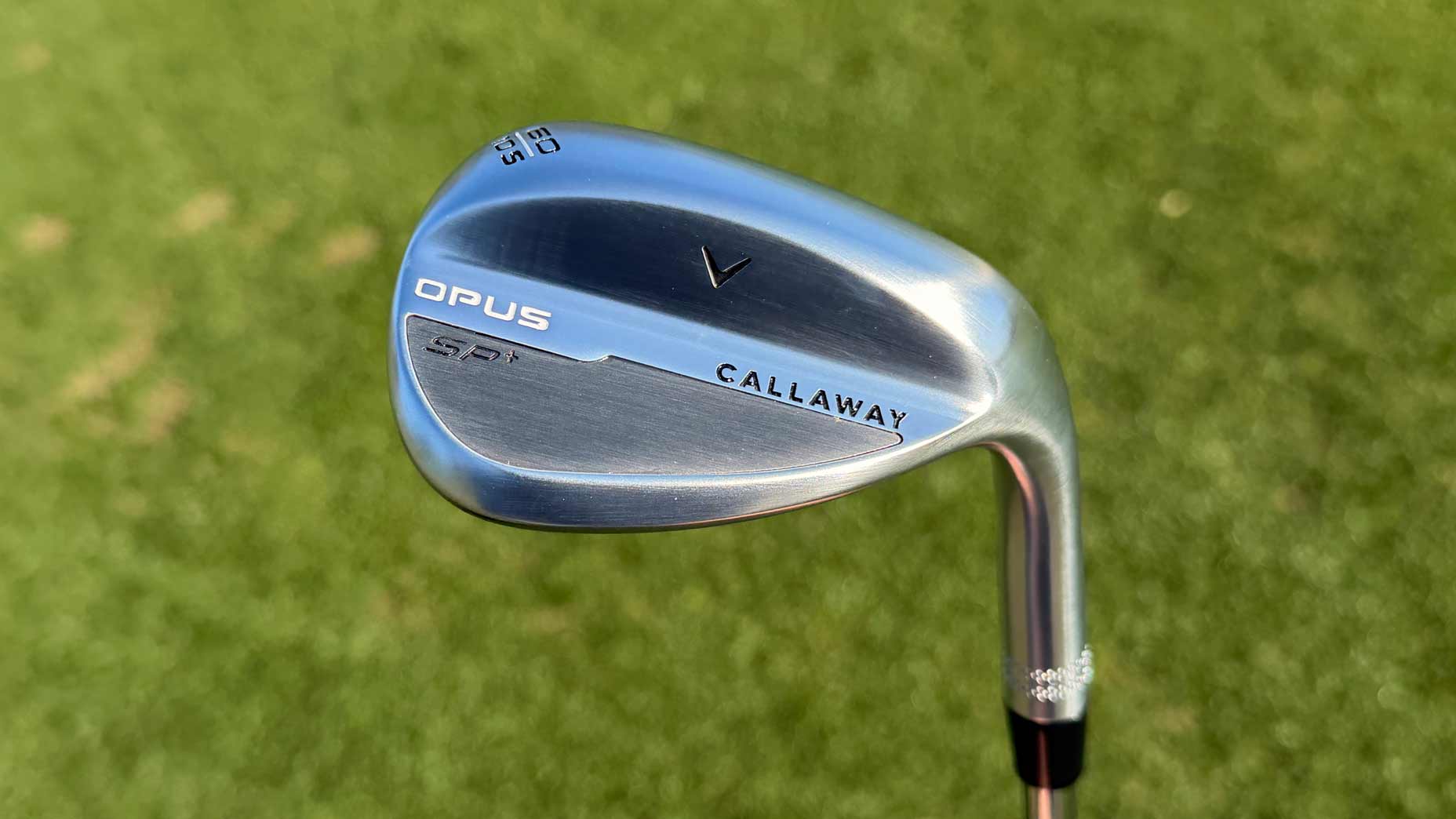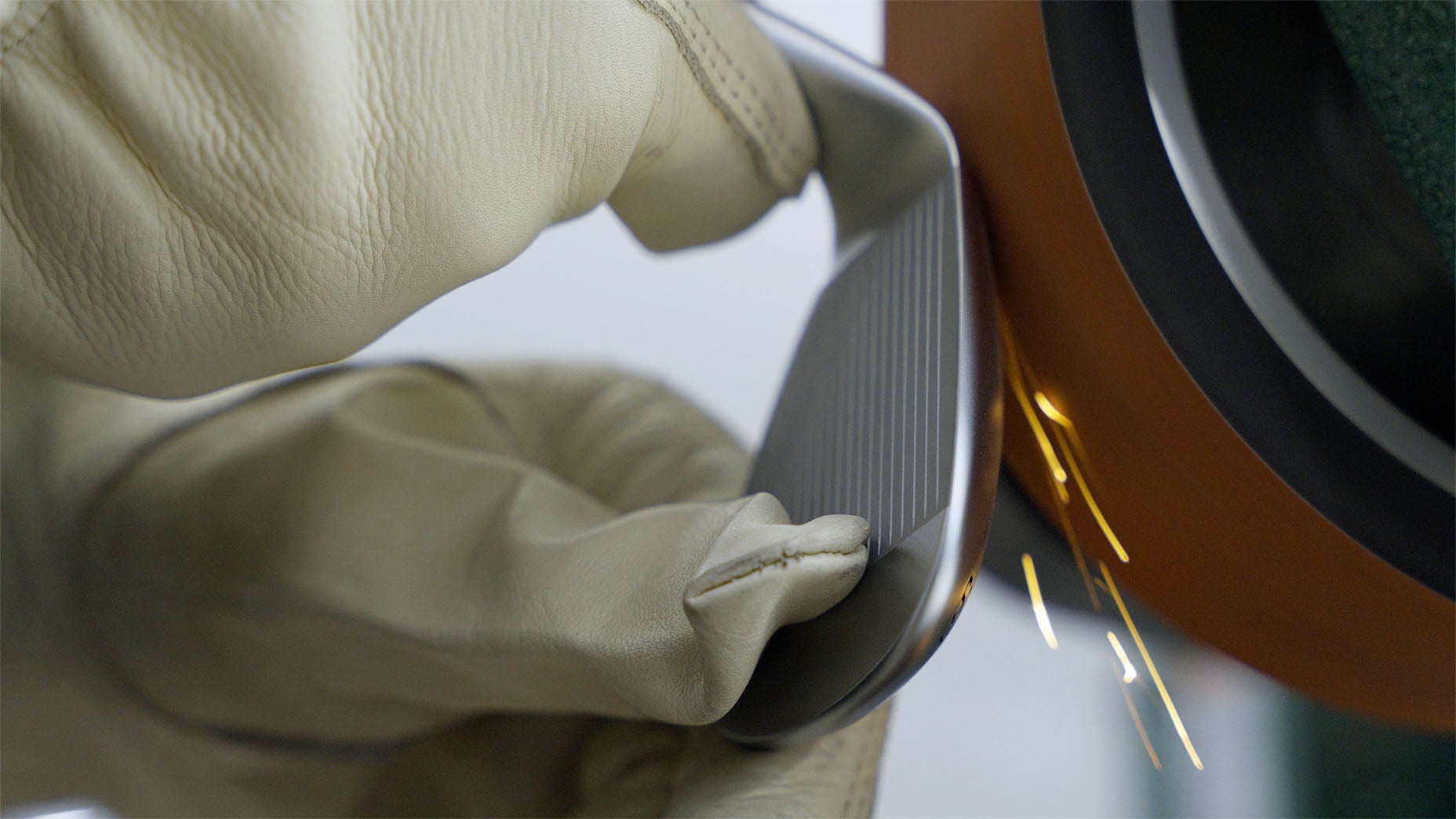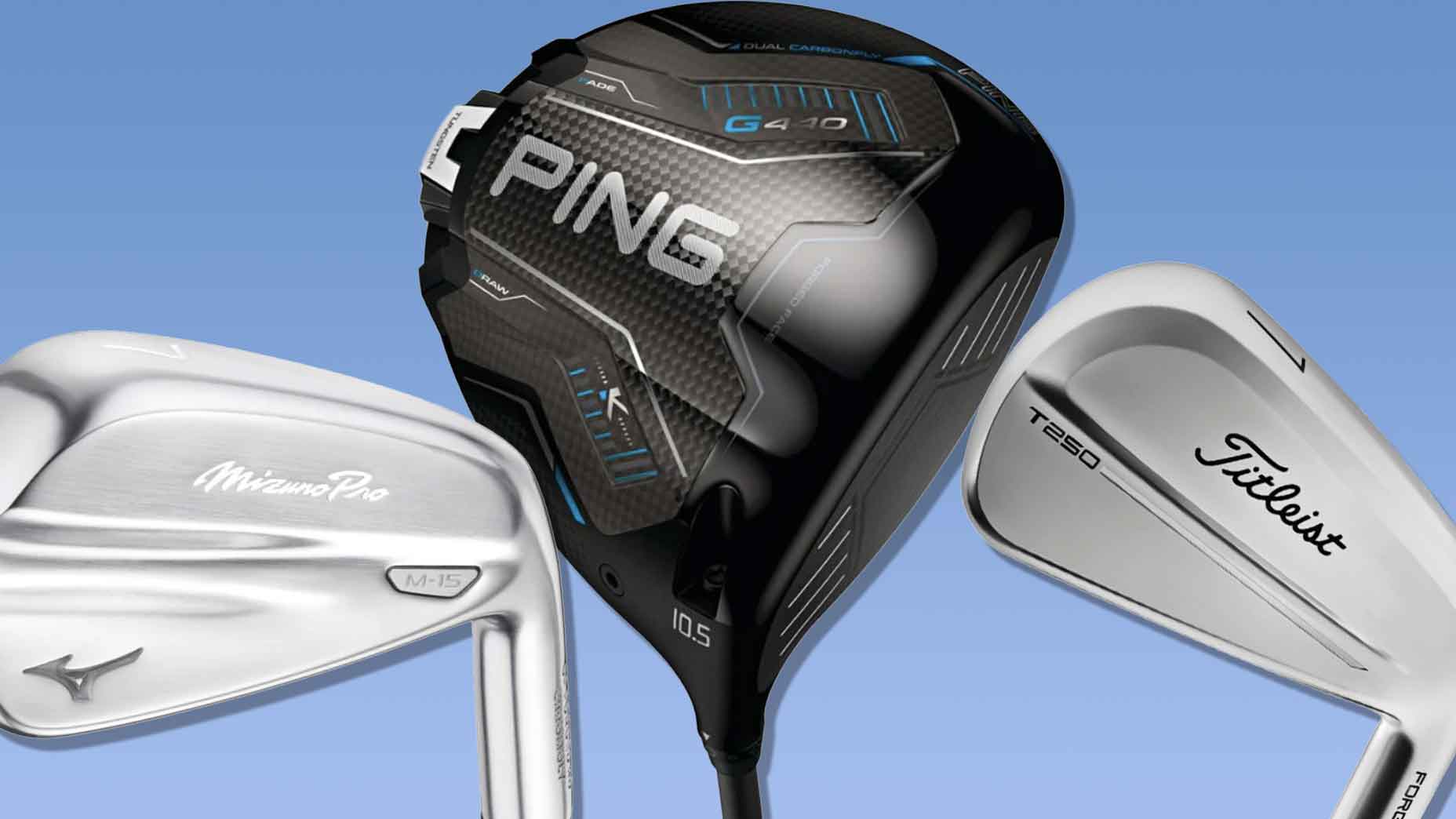 Why fitters matter more than ever with TaylorMade’s Qi4D | Fully Equipped
Why fitters matter more than ever with TaylorMade’s Qi4D | Fully Equipped
With the new Mavrik line, Callaway offers a complete arsenal of AI-generated clubs
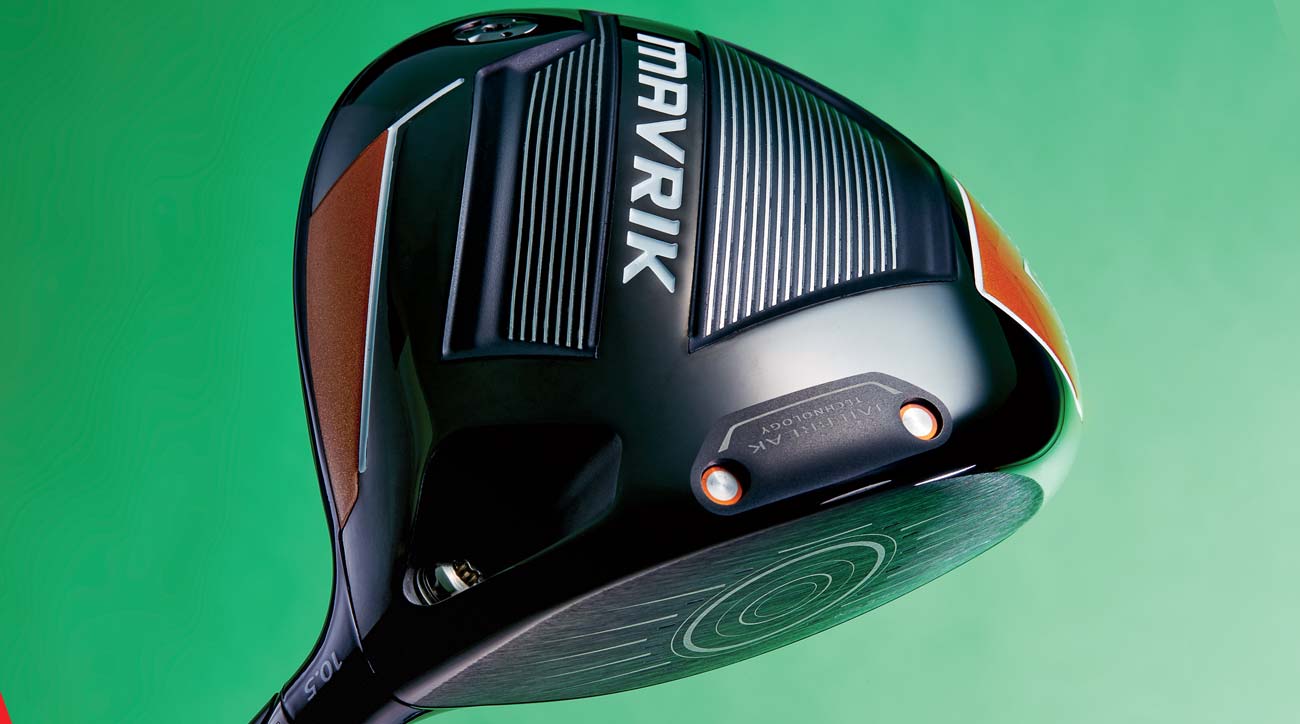
Nearly four years ago, the smarty-pants at Callaway were wise enough to partner with a brain even bigger than any of their own: a supercomputer with whiz-bang capabilities in club design.
The collaboration gave rise to Epic Flash, the first driver ever developed with the aid of Artificial Intelligence. Featuring a convention-flouting face that was thinnest at its center and thicker around its edges (most modern driver faces are designed the other way around), Epic Flash was introduced in early 2019 and became the year’s best-selling driver.
For everyday players, it accounted for an average distance gain of 12.9 yards. For Tour pros such as Phil Mickelson, Xander Schauffele and Francesco Molinari, it played a role in more worldwide wins than any other new driver on the market. Which was nice. But the Epic Flash is just one club. It didn’t take a supercomputer to realize that the same futuristic design approach might pay dividends throughout the bag.
“We knew that we were onto something interesting, and that we wanted to apply it to other clubs,” says Alan Hocknell, Callaway’s senior vice president of research and development. “But that’s not just a cut-and-paste solution. We needed to be able to ask even more sophisticated questions, and for that, we needed an even more sophisticated machine.”

Doubling down on AI, Callaway swapped out its old supercomputer for one twice the size and analytic power. Set to cogitate in a climate-controlled room, the upgraded machine spent months churning through tens of thousands of design iterations before arriving at what Callaway was after: a complete arsenal of AI-generated clubs.
The new line, Mavrik, includes irons, hybrids, fairway woods and drivers, all available in three player categories, all inspired by a crucial principle: Since each club in your bag has a different purpose, each should also have a different face design.
“The shot you want to hit from 200 yards is not at all the same as, say, a hop-and-stop you’re trying to hit from 120,” says Scott Manwaring, Callaway’s director of iron design. “On top of that, you have golfers of differing abilities playing those shots. In each instance, we asked the computer, ‘What is the optimal face for that specific moment?'”
In the case of Mavrik irons, the computer answered with designs of subtle variation in flex, thickness and center of gravity, among other factors, the better to increase ball speed and forgiveness throughout the set while dialing in desired performance characteristics. In the long irons, for instance, the faces are crafted for launch and speed, while the mid-irons are shaped for speed and consistency. The short irons are fine-tuned for spin and precision.
ADVERTISEMENT

A similar theme plays out with Mavrik hybrids and fairway woods, their faces customized for every loft to produce an optimal combination of speed, launch angle and spin rate. The center of gravity skews low on the face of all these clubs because that’s where most players make contact.
Like the Epic Flash, Mavrik hybrids and fairway woods are equipped with Jailbreak Technology, a twin set of internal hourglass-shaped bars that connect the crown to the sole, stabilizing both components at impact to further boost ball speed.
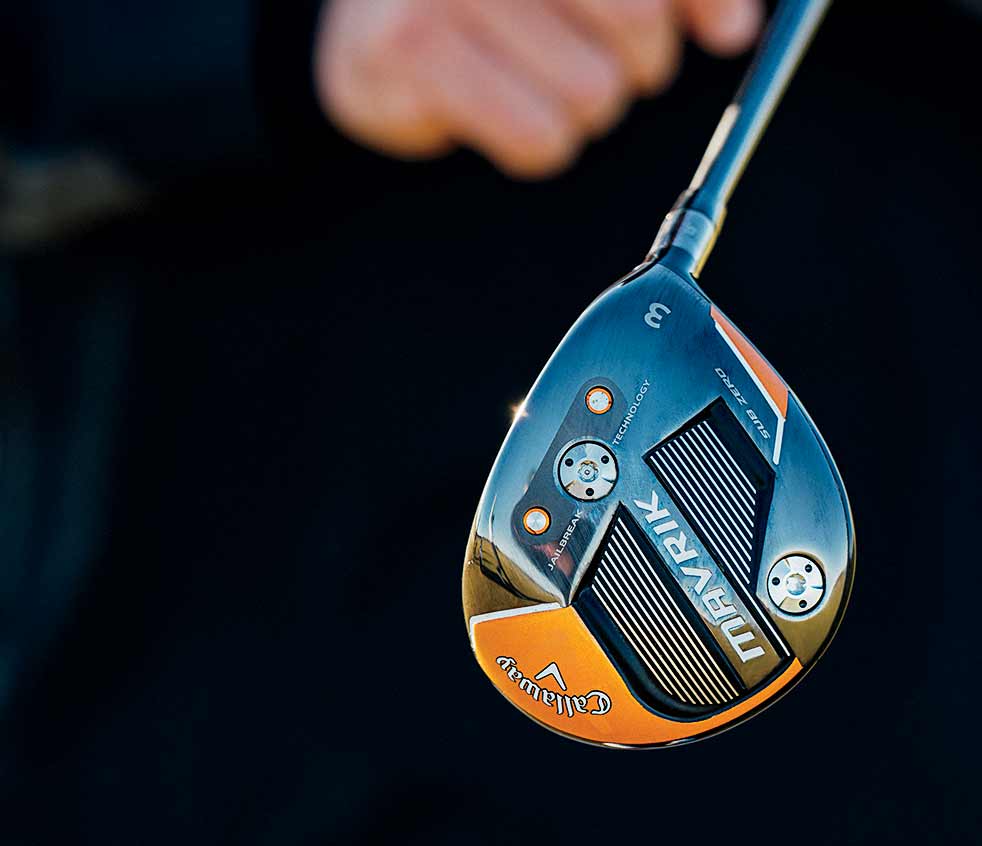
It’s a proven technology, which is why it’s been retained in the AI-improved Mavrik drivers, too. What in the drivers has changed? For starters, after sorting through thousands of virtual prototypes, the supercomputer settled on a face design, the Flash Face SS20, that is even thinner than the one used in Epic Flash. The complexities of this face, coupled with the increased ball speeds it delivers, demanded a stronger material to withstand the stress, so Callaway turned to FS2S titanium, an extremely lightweight and durable alloy never used in a clubface before. Behind the sturdy face lies a titanium rib system, arranged in an AI-recommended pattern that helps produce a satisfying oomph at impact, akin to the sound of a car door closing.
The new line of clubs hit retail on January 23, and the new Mavrik driver, as well as the other Mavrik clubs are now available on callawaygolf.com. You might also soon hear more about the supercomputer, which Callaway has been keeping busy. Though the company is not inclined to share the details now, we can tell you this: Its sophisticated box of microchips has been thinking hard about golf ball design.
To receive GOLF’s all-new newsletters, subscribe for free here.
ADVERTISEMENT


